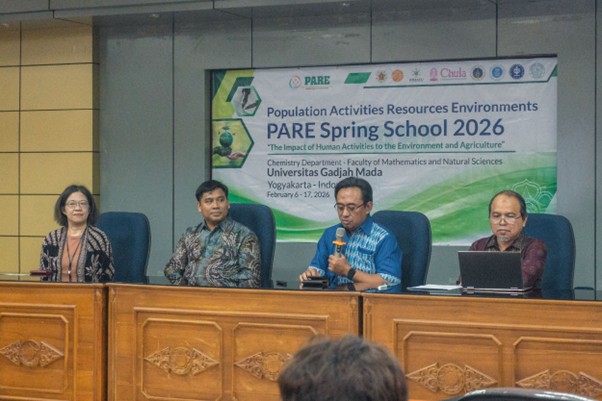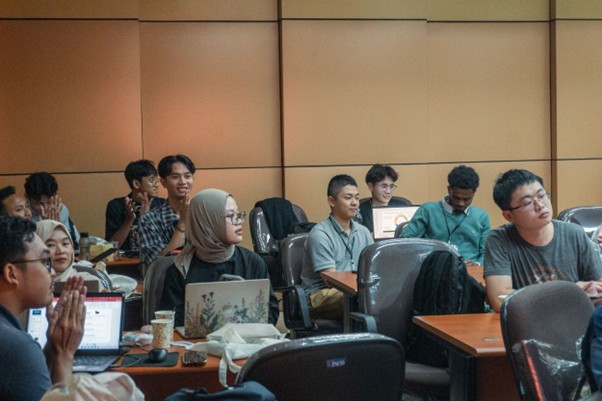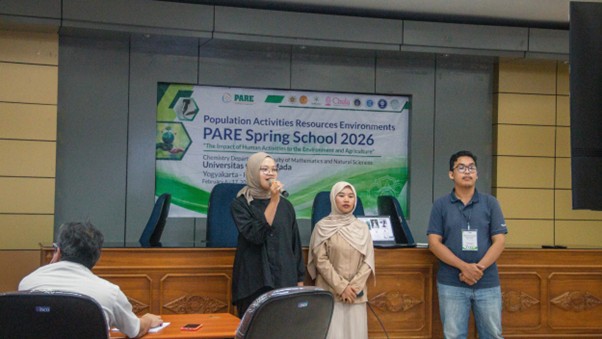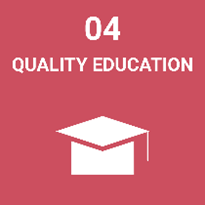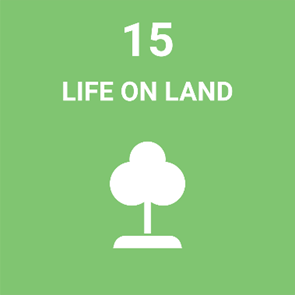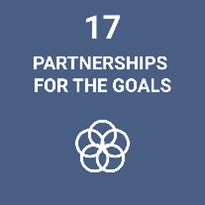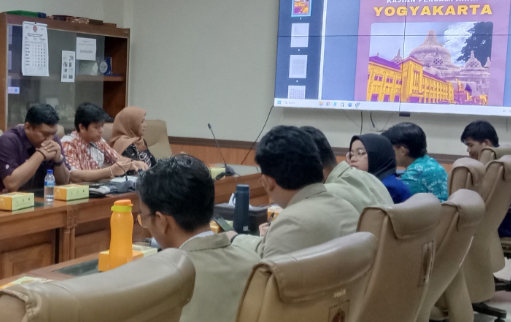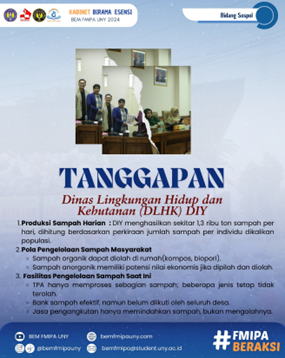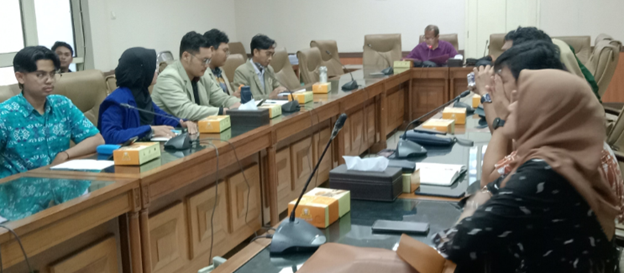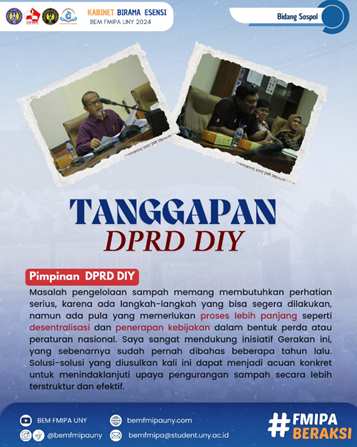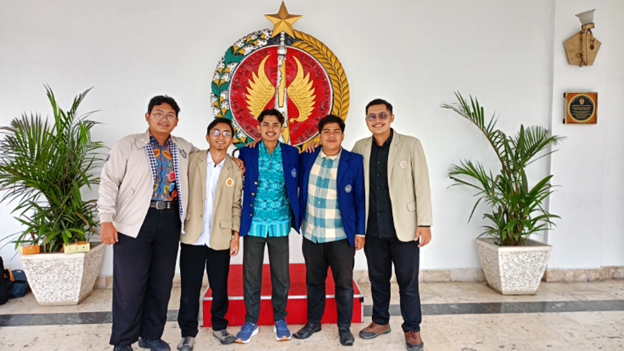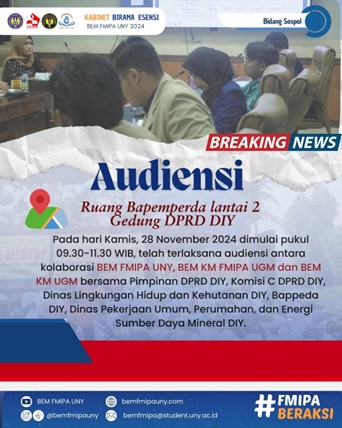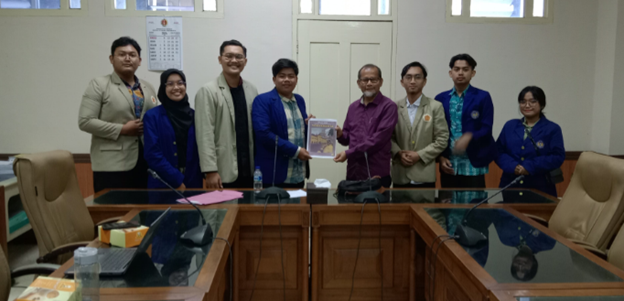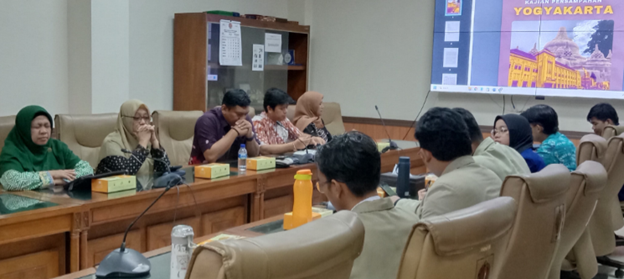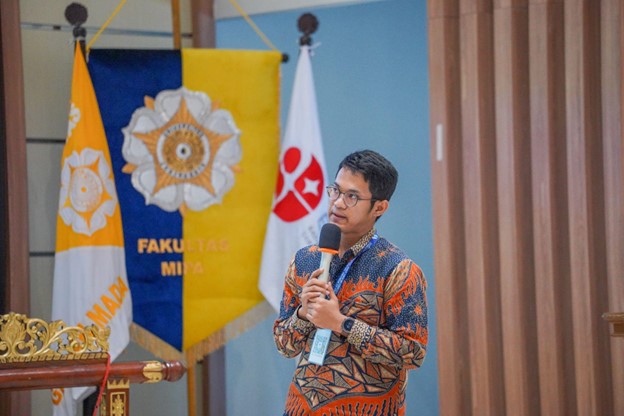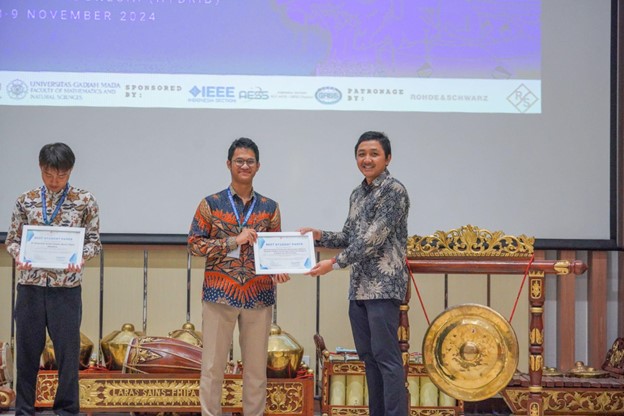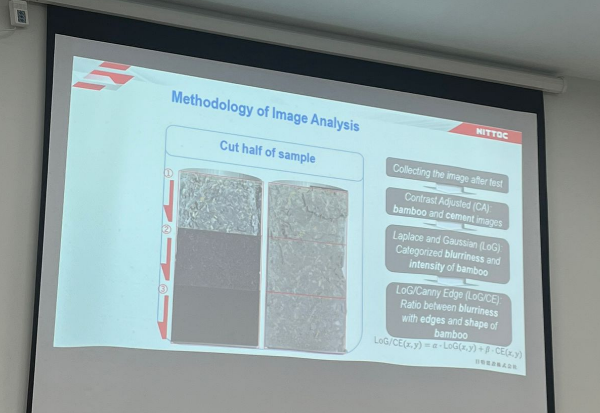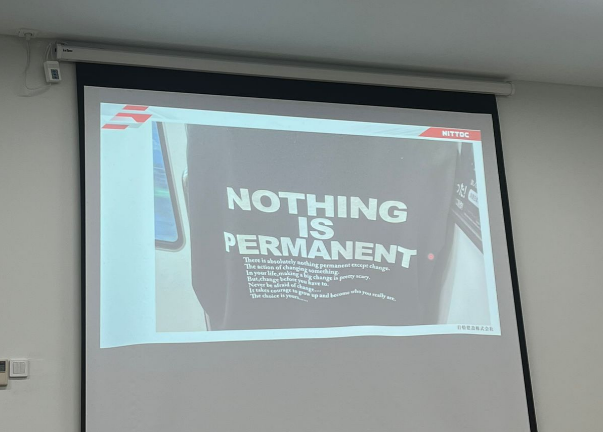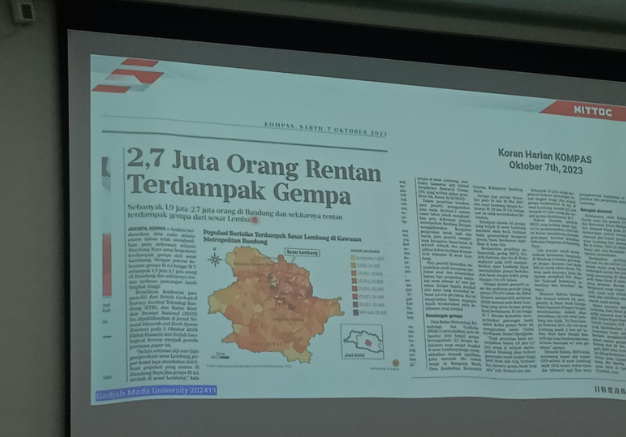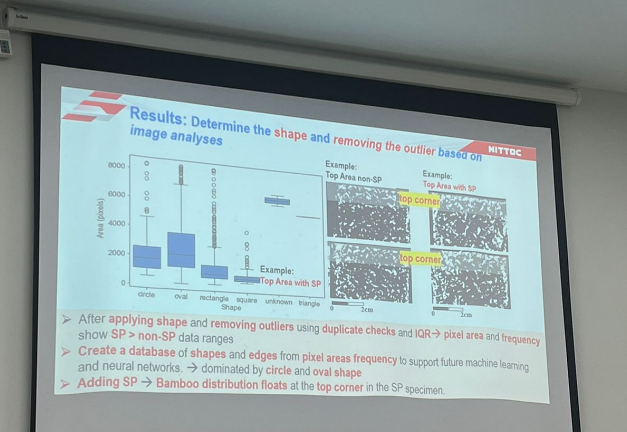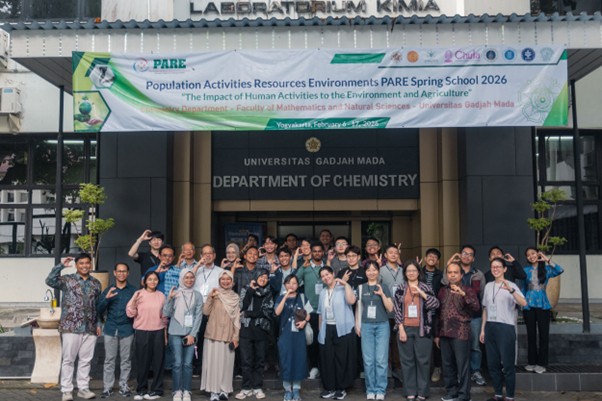
PARE Spring School 2026 Resmi Digelar di Fakultas Matematika dan Ilmu Pengetahuan Alam UGM
Penyelenggaraan program PARE Spring School resmi dimulai pada Jumat, 6 Februari 2026, bertempat di Ruang Multimedia, Departemen Kimia, FMIPA UGM. Kegiatan ini diikuti oleh konsorsium yang terdiri dari delapan universitas di tiga negara, yaitu Indonesia (UGM, ITB, IPB University), Jepang (Hokkaido University), dan Thailand (Thammasat University, Chulalongkorn University, Kasetsart University, dan Mahidol University).
Program ini dijadwalkan akan berlangsung selama 12 hari, dimulai sejak tanggal 6 hingga 17 Februari 2026 mendatang. Secara keseluruhan, sebanyak 20 peserta mengikuti program ini secara luring dan 60 peserta lainnya secara online. Peserta yang mengikuti program ini merupakan mahasiswa pascasarjana.
Pada penyelenggaraan hari pertama, Prof. Suherman, S. Si., M.Sc., Ph.D. (Departemen Kimia UGM) dan Assist. Prof. Dr. Maria Stefanie (Hokudai) selaku koordinator acara memberikan pengarahan dan pengenalan awal. Nantinya, para peserta akan mengikuti serangkaian kegiatan termasuk kuliah pakar lintas disiplin, pengambilan sampel air di Sungai Code, kunjungan ke IPAL Bantul, dan analisis sampel di Laboratorium Analitik Departemen Kimia UGM. Selanjutnya, sesi penutupan kegiatan ini akan dilaksanakan di Candi Prambanan.
Program ini sebelumnya berhasil menyorot beberapa fenomena urbanisasi yang cepat di negara-negara ASEAN, yang dinilai berkontribusi menyebabkan beberapa permasalahan seperti berkurangnya ketersediaan bahan bakar fosil, air bersih, sumber daya tanah, serta penurunan kualitas lingkungan.
Pada penyelenggaraan kali ini, tema yang diangkat mengenai dampak aktivitas manusia terhadap lingkungan dan pertanian. Program PARE (Population Activities Resources Environments) ini menawarkan kesempatan bagi mahasiswa lintas disiplin dan lintas negara dan budaya untuk dapat bekerja sama mengatasi permasalahan yang melalui manajemen dan penggunaan sumber daya alam secara berkelanjutan.
Secara keseluruhan, kegiatan ini selaras dengan pencapaian Sustainable Development Goals (SDGs), khususnya SDG 4 (Quality Education) melalui penyelenggaraan pendidikan internasional yang mendorong pertukaran pengetahuan dan peningkatan kapasitas akademik peserta, SDG 13 (Climate Action) dan SDG 15 (Life on Land) melalui pembahasan isu perubahan iklim, pengelolaan lingkungan, serta keberlanjutan sumber daya alam, serta SDG 17 (Partnerships for the Goals) melalui kolaborasi lintas negara dan institusi pendidikan tinggi dalam mendukung pembangunan berkelanjutan secara global.
Penulis: Inna Mutifah
Editor: Meitha Eka Nur Khasanah
Fotografer: Daffa Athatara dan Afiandina Sukma
